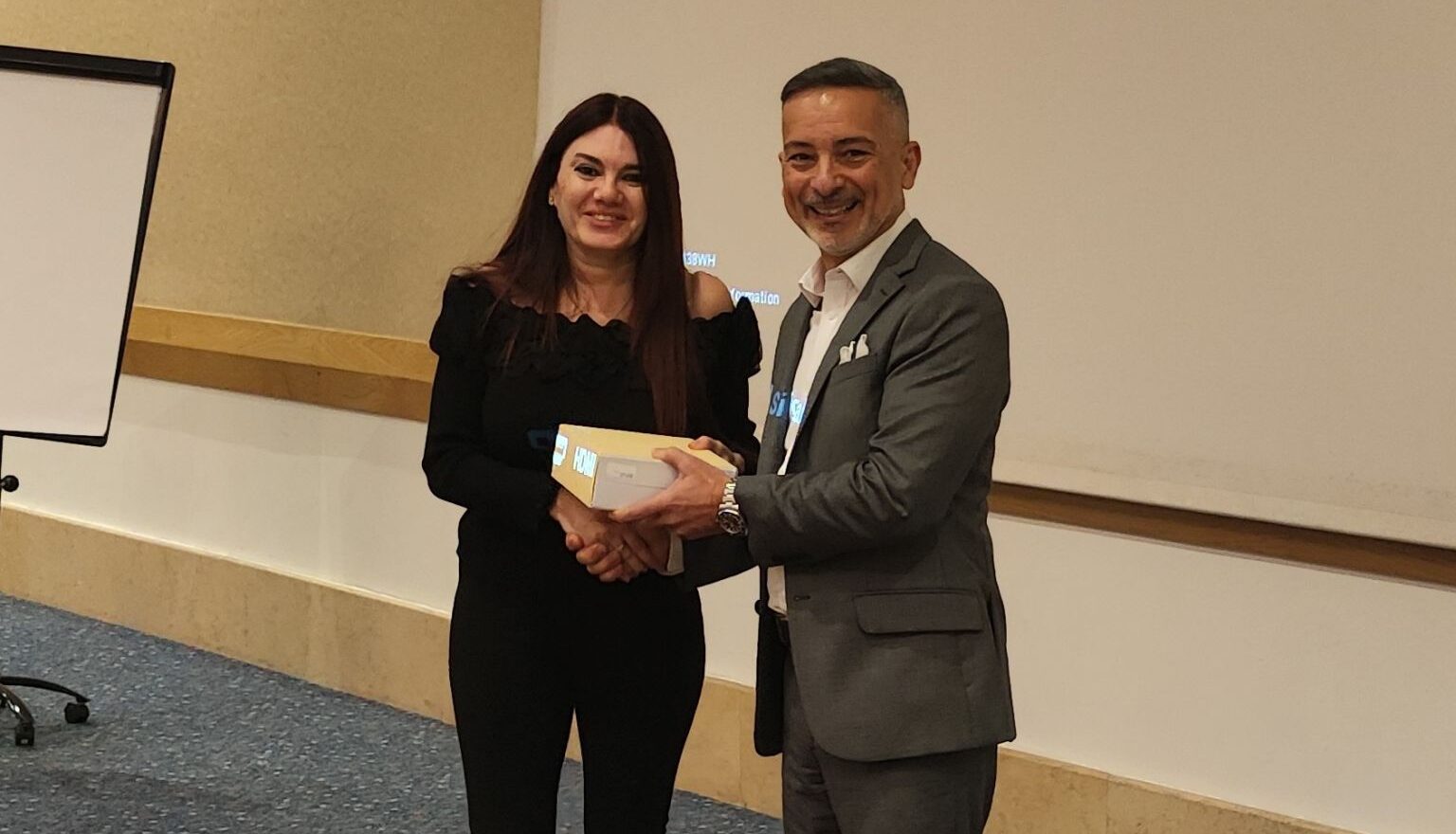An economic report by audit and advisory firm KPMG made a splash last month when it asserted that salaries have largely remained stagnant over the last years, finding that real wages only increased by €105 since 2018.
Cutting through all the noise generated by those looking to score political points and those frustrated to see, black on white, what they had long instinctively felt, the report makes it clear that businesses are unlikely to increase wages out of a sense of charity, especially “when there is no corresponding rise in productivity.”
That longed-for rise in productivity has proven very difficult to attain, with three quarters of all employers last year stating that the growth in their wage bills was not commensurate with productivity increases.
Accordingly, productivity is now high on the business community’s agenda, with everyone from The Malta Chamber to the International Monetary Fund to local economists calling for major investment in this area, while the Opposition Nationalist Party made economic restructuring towards more productive sectors central to its platform for the 2022 general election.
While the state certainly has a big role to play in improving productivity, in part through the nurture of new economic niches, private enterprise must be proactive to generate productivity gains from within.
After all, how would the average construction contractor, or a hotel, see their productivity jump if the blockchain or metaverse industries establish a foothold in Malta?
The KPMG report notes that positive trends towards high wage growth in narrow segments of the economy are “overshadowed by less productive sectors, which still claim a large portion of the labour pool.”
What will help induce higher wage growth for a sufficiently large portion of the population, then, is “a general improvement in productivity,” say the report’s authors, entailing “a strategic focus on cultivating a more skilled employment mix, with more room for higher value-adding roles.”
MaltaCEOs.mt reached out to two of Malta’s leading conglomerates active in economic sectors requiring a large amount of workers on the lower end of the income scale to see how they are approaching the need for productive transformation from within.
Stivala Group is a development, construction and hospitality group that is largely active in the Gżira and Sliema area, while AX Group is mainly active in the construction, hospitality and care sectors.
The initiatives mentioned by both Stivala Group and AX Group can be placed in three distinct areas: improvement of processes, upgraded technology, and better workers.
Both groups of companies said they took a long hard look at their processes over the last years, searching for bottlenecks and inefficiencies that could be fixed to improve their workflow.

“Through systematic analysis and feedback mechanisms, we have been able to streamline procedures, eliminate redundant tasks, and improve overall productivity,” says Michael Stivala, CEO of Stivala Group.
“For instance, in construction, we have found that leveraging prefabrication techniques and modular construction methods can significantly accelerate project timelines and reduce labor-intensive tasks onsite.”
Michael Warrington, CEO at AX Group, says that the group has centralised tasks in a bid to foster specialisation among its teams, “allowing individuals to focus on their areas of expertise and optimise their output.”
AX Group is also adopting the same philosophy on a group-wide level to streamline and simplify workflows. To that end, it has established a business transformation office, dedicated to “exploring innovative ways to leverage technology to drive productivity improvements across various aspects of our operations.”
In the near future, the group will be digging deeper to find areas for improvement, utilising an ERP (enterprise resource planning) system to extract valuable insights and key information to help it optimise its business processes.
“This system will enable us to make data-driven decisions and streamline operations more effectively,” asserts Mr Warrington.

The second major way these groups of companies are looking to drive productivity gains is, unsurprisingly, via technology. Mr Stivala says that both the construction and hospitality divisions have become more efficient through the integration of modern technology: “In our construction division, we’ve adopted advanced project management software to optimise scheduling, resource allocation, and communication among teams. Similarly, in hospitality, we’ve implemented automated booking systems and integrated point-of-sale solutions to expedite service delivery.”
Meanwhile, AX Group is exploring the integration of AI technologies to automate mundane tasks, “freeing up valuable time for our teams to focus on more strategic and value-added activities.”
Finally, both conglomerates also recognise the central role the capabilities of their human resources have to play on their companies’ productivity. Both AX Group and Stivala Group say they have invested in comprehensive training programmes to equip their employees with the necessary skills and knowledge to perform at their best.
Mr Stivala points out that this includes “both technical training related to specific job roles and soft skills development to enhance teamwork and communication.”
Going forward, Stivala Group aims to place even greater focus on employee engagement: “We understand that engaged and empowered employees are key drivers of productivity.”
As for AX Group, it believes that “investing in the development of our employees ultimately contributes to increased productivity.”
Questions every CEO should ask their team regularly
The right questions can unlock your team’s potential and drive success.
‘Celebrating milestones is about more than just recognising years of service’ – MCA CEO
The MCA has honoured five long-serving employees, celebrating their dedication, commitment, and contributions to the authority and the wider communications ...
Workplace trends 2025: Empathy, flexibility, and wellbeing take centre stage
The professional landscape in 2025 is poised for transformation.
Five challenges banks in Europe will face in 2025
With interest rates falling, fintech competition surging, and economic uncertainty looming, European banks face a pivotal year ahead.









